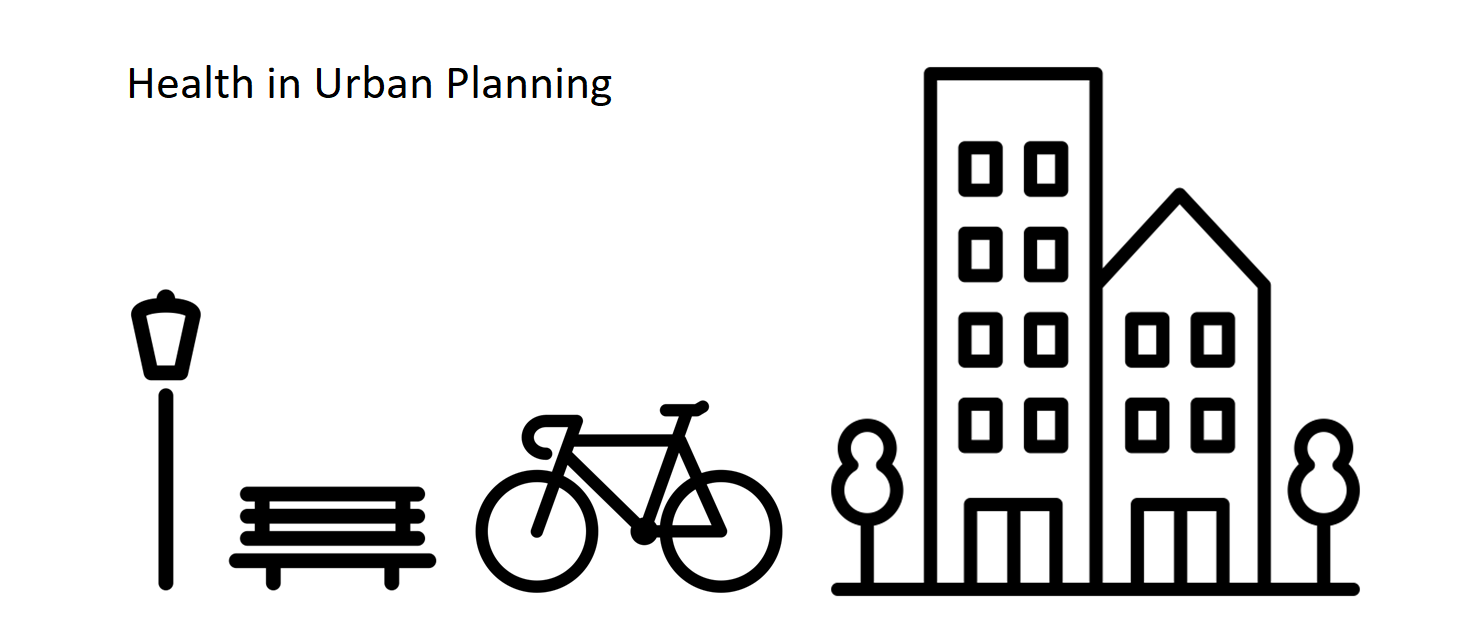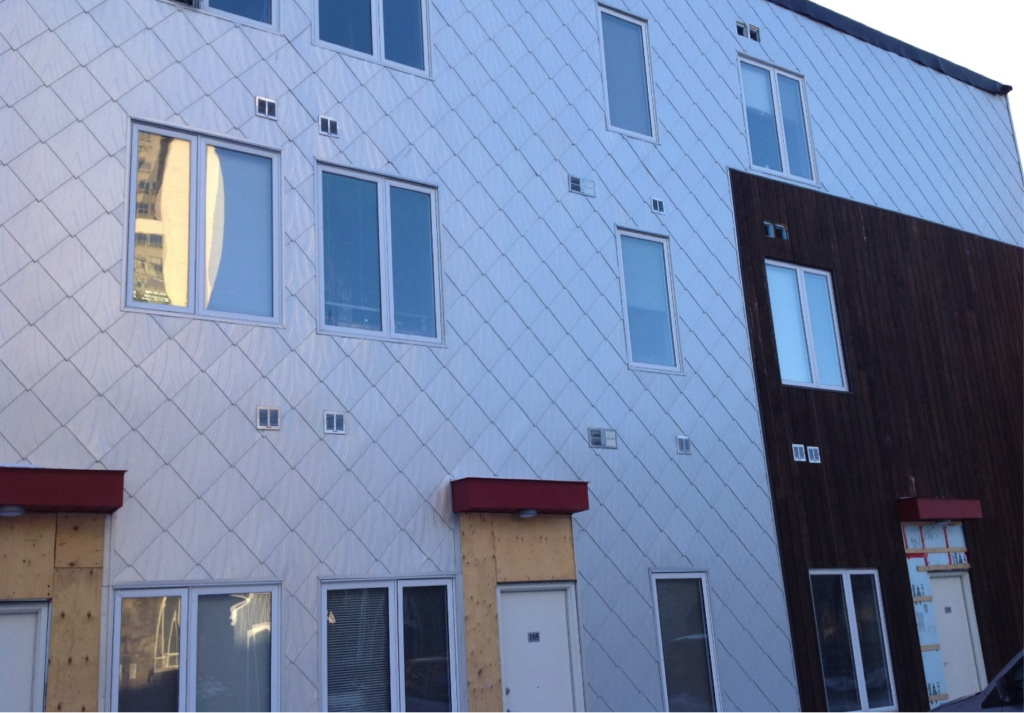City Know-hows

Stronger collaboration with inhabitants could ensure more attention on health in spatial plan development.
Share
Target audience
Urban planning advisers and public health practitioners and researchers
The problem
Despite the available scientific knowledge about the relationship between health and the environment and the suggestions in the discussions of articles that this topic should receive more attention from planners and policymakers in the future, there is limited attention to health and the healthy living environment in spatial plan development. It is relevant to look at the context in which policy ensures a healthy living environment especially the involvement of inhabitants.
What we did and why
We investigated what inhabitants’ views were on health and environment and what they find important in this. We were interested how this knowledge can lead to increased attention to health in spatial planning processes. The insights gained in this way can help us to discover more ways of ensuring that health receives more attention in spatial planning.
Our study’s contribution
We found that:
• Inhabitants have a good idea of what is important in their environment and their health. This is in line with scientific knowledge.
• There are three important preconditions that contribute to a healthy life, including involvement of inhabitants in developments in their own living environment.
• Promoting and increasing the involvement of inhabitants in the planning process will help to create spatial planning developments that promote health more than is currently the case.
Impacts for city policy and practice
The importance of inhabitants involvement in changes and developments in their living environments, simultaneously contributes to their general health and to the creation of a healthy living environment overall.
Further information
Full research article:
The value of incorporating inhabitants’ perspectives on health into municipal spatial planning processes: an explorative study by Kristine Mourits, Ilse Knoops, Koos van der Velden & Gerard Molleman
Related posts

There is a need for specific municipal social service housing programming aimed at helping seniors navigate rental listings, identify suitable rentals, and then secure and retain rental housing.

Emergencies can become transformative experiences for cities: an opportunity to rethink, replan and rebuild, and to push for changes that can make them more healthy, sustainable, equitable and resilient. We interviewed 12 cities on their practical experiences with local emergencies and disasters, identifying common challenges and lessons learned for the future.

Make the neighbourhoods of your city age friendlier by using tools that support more informed decision-making. Are you an urban planner or a policy maker interested in knowing how age-friendly the neighbourhoods of your city are? Would you like to know how to improve them?